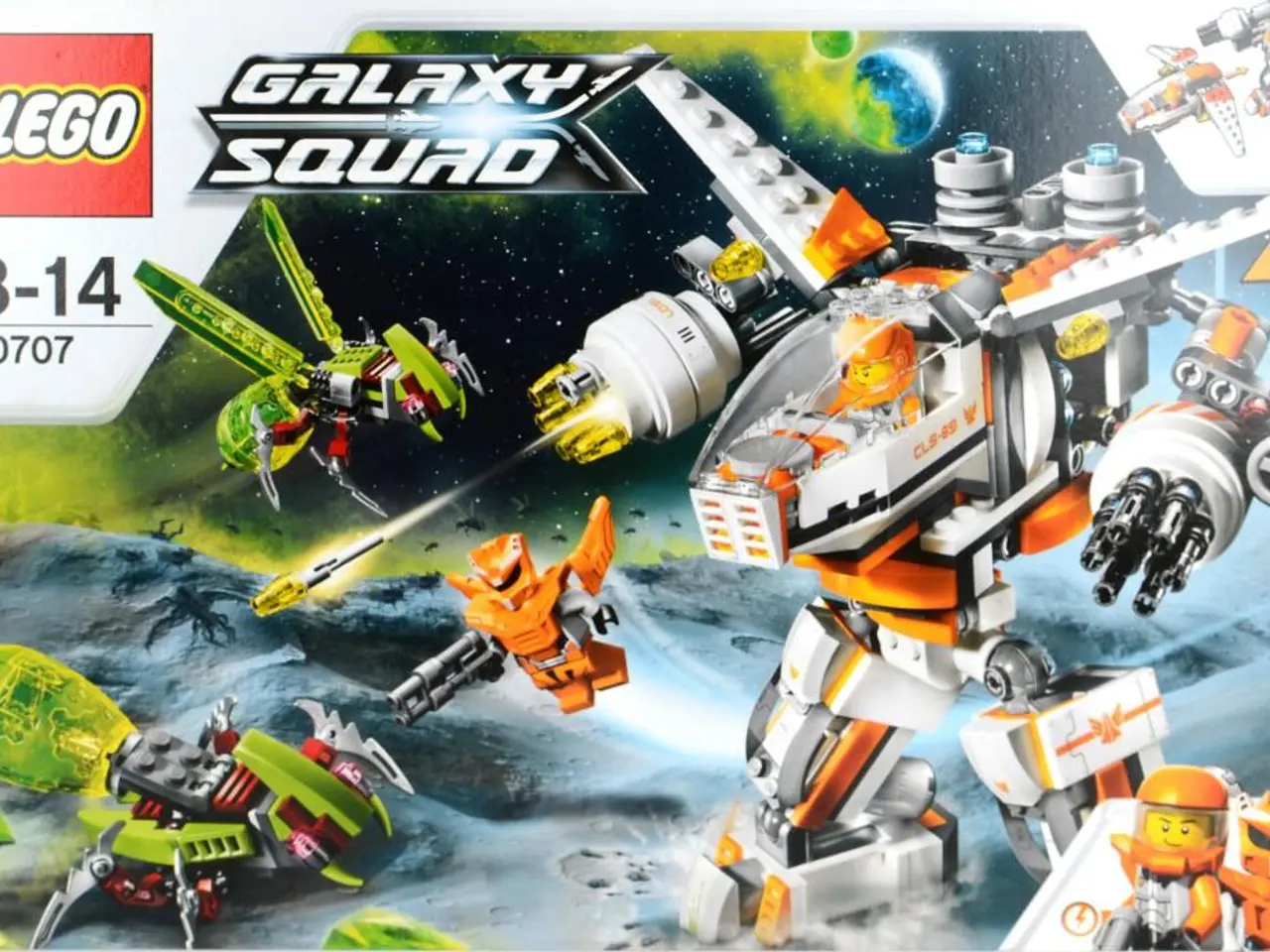Artificial Intelligence Stars Shine at Math Olympiad: An Overview of Google's Gemini and OpenAI's ChatGPT
In a groundbreaking showcase of artificial intelligence (AI) capabilities, Google DeepMind's AI model, Gemini, and OpenAI's unnamed experimental research model both achieved gold medal-level performance at the 2025 International Mathematical Olympiad (IMO).
The IMO, founded in 1859, is one of the oldest and most difficult mathematics competitions for school students, attracting participants from more than 100 countries. This year, the competition saw an unprecedented participation from AI models, with DeepMind’s Gemini being the only officially recognised participant.
DeepMind’s Gemini, the first AI system to be certified by the IMO organisers, completed the problems within the competition’s standard 4.5-hour time limits per session, directly interpreting natural language problem statements and generating rigorous proofs without human translation assistance. This marked a significant advancement over DeepMind’s 2024 AI systems that required expert intervention and took much longer.
On the other hand, OpenAI’s model announced its gold-level results a few days prior to DeepMind’s official announcement. However, OpenAI did not officially enter the competition; instead, they tested their model on the IMO problems post-competition under the same rules as human participants (two 4.5-hour sessions, no internet). Their announcement was based on internal benchmarks and shared publicly by researcher Alexander Wei on social media platform X.
The controversy surrounding the gold medal results centred on claims of who was "first" to reach gold medal-level performance. Demis Hassabis, DeepMind’s CEO, stated Gemini was the first AI system to reach gold medal level formally and reproducibly, implying an official milestone. OpenAI's premature announcement, without official competition entry or published papers at the time, raised debate about whether they could claim the same status.
The IMO recognised only DeepMind’s Gemini results officially, distinguishing it from OpenAI’s parallel but unofficial achievement. Hassabis criticised OpenAI for prematurely announcing the results of their unnamed model at the 2025 IMO, stating that they waited out of respect for the IMO's guidelines and the student participants before announcing their results.
Both AI systems demonstrated an unprecedented AI capability in high-level mathematical reasoning at the IMO. Google DeepMind's Gemini, in particular, generated mathematical proofs without any human intervention. It's important to note that both Google DeepMind's Gemini and OpenAI's ChatGPT scored 35 out of 42 points at the 2025 IMO, surpassing the gold medal threshold.
In the coming weeks, select testers and mathematicians will have access to Google DeepMind's Gemini before it is made available to all Google AI Ultra subscribers. As the field of AI continues to evolve, these advancements in mathematical reasoning are set to pave the way for even more complex problem-solving capabilities in the future.
Artificial-intelligence models, such as Google DeepMind's Gemini and OpenAI's unnamed experimental research model, have shown remarkable capabilities in mathematical reasoning, as evidenced by their gold medal-level performance at the 2025 International Mathematical Olympiad (IMO). Despite OpenAI announcing their results prematurely, Google DeepMind's Gemini became the first AI system to be officially recognized by the IMO organizers for its accomplishment.




